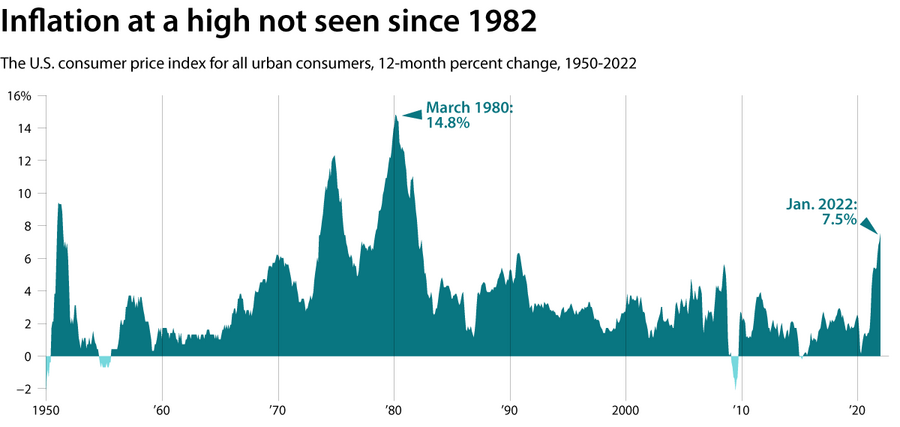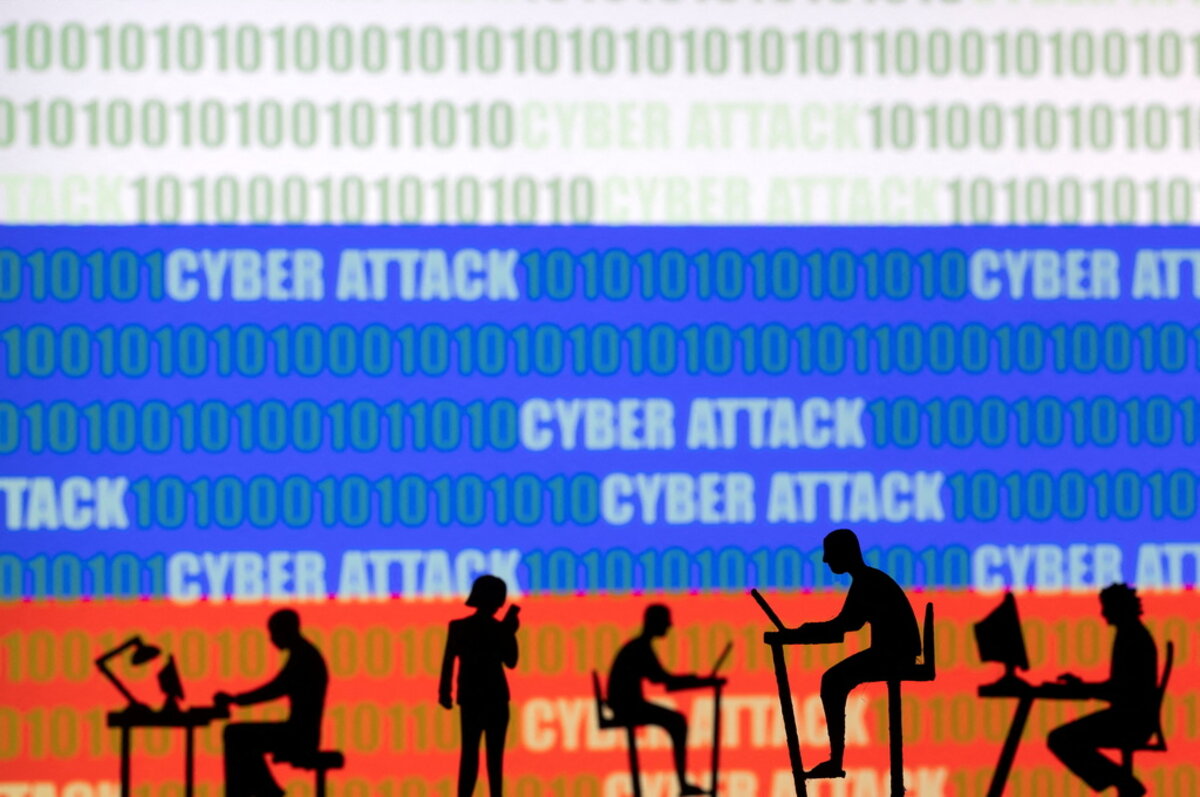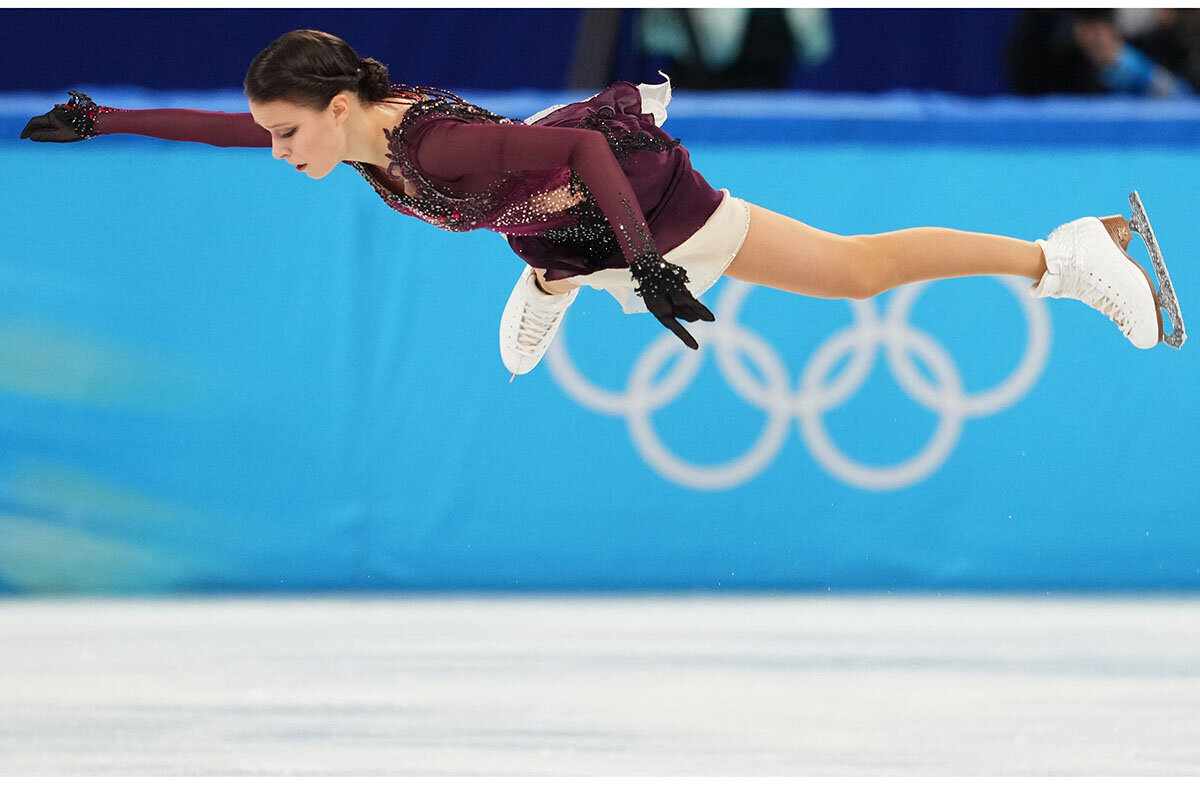Inflation is an economic problem, and a major political problem. Is more presidential empathy enough? Our reporter looks at ways Democrats might respond.
Monitor Daily Podcast
- Follow us:
- Apple Podcasts
- Spotify
- RSS Feed
- Download
 Peter Grier
Peter Grier
“But let me be clear: I am here today not to start a war, but to prevent one.”
That’s what Secretary of State Antony Blinken said today in a surprise speech at the United Nations Security Council in New York. His dramatic appearance was meant to emphasize that the United States continues to believe that Russia has likely decided to invade Ukraine – and that such an invasion could occur within days.
“This is a moment of peril for the lives and safety of millions of people,” Secretary Blinken said.
His words were the latest American move in an increasingly bitter messaging exchange between Washington and Moscow. Russia insists that it is withdrawing troops from the area around Ukraine and is not planning an invasion. The U.S. says Russia is building up its armies, not withdrawing them, and is likely to attack following a manufactured pretext blamed on Ukrainian forces.
U.S. officials have declassified satellite photos and other intelligence detailing the Russian units that surround Ukraine on three sides. The strategy seems to be exposure, in that shining a light on Russia’s actions could deter it from actual war.
More broadly, the U.S. might be trying to convince European allies of the seriousness of a situation that seems increasingly reminiscent of the Cold War and could end in a Cold War-style containment policy against Russian leader Vladimir Putin.
It’s possible U.S. intelligence is wrong, as it was in 2003 when then-Secretary of State Colin Powell gave a U.N. speech claiming Iraq had weapons of mass destruction. After invading Iraq, U.S. troops didn’t find any.
But Secretary Blinken on Thursday said he’d be “relieved” if Russia doesn’t invade and proves American predictions wrong.
“That would be a far better outcome than the course we’re currently on. And we will gladly accept any criticism that anyone directs at us,” he said.












